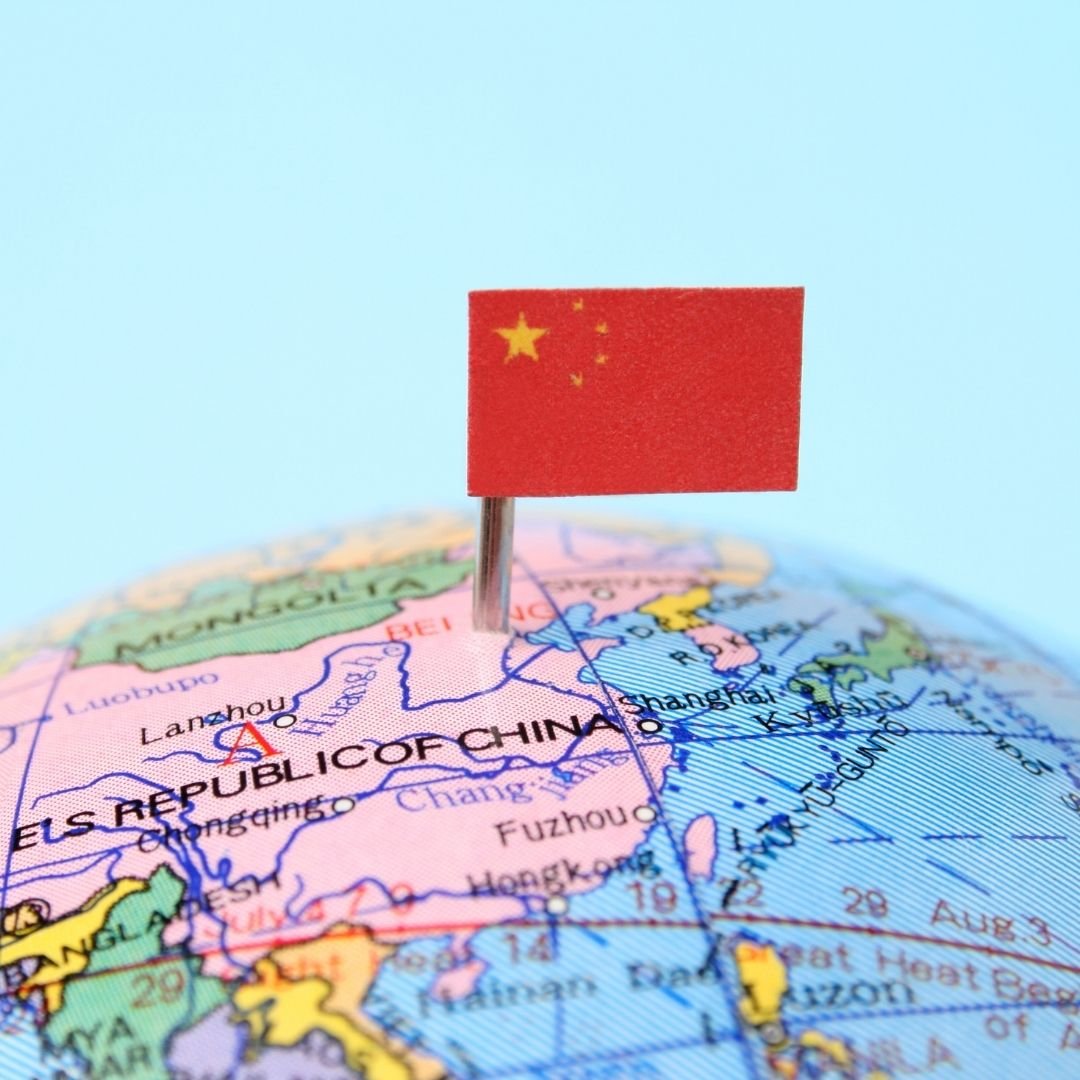You probably already can tell, but I am especially fond of articles from Late Post, an investigative / deep reporting media that is minority owned by the excellent Caijing. Their founder is Wan, Shuli Hu‘s protege, ex assistant editor of Caijing, and one of their chief editors hails from Yicai and was a founding member of Ifanr, both good publications. I’ve been pushing them to have an English version because their material is truly excellent (and accurate) and they have pretty much everyone in the industry endorsing them. But until then, I’ll have to translate some of their stuff for those of you who do not read Chinese 😅 So here are key points I noted from this latest Community Group Buying article published yesterday titled something like “Duoduo Maicai Speeding Forward With Everything It’s Got” (in Chinese).
-
Feb. 2021, half-year old Duoduo is selling 15mm products per day with a GMV of $75mm RMB or $11.5mm USD. The item count is already nearing that of Didi and is 25% less than Meituan. Pinduoduo Q1 goal is to 5x revenue to $61mm (🤯??? this is insane?? but that’s what the article says)
-
Meituan is 20mm items, $15mm daily GMV. Q1 goal is 50mm items and $20mm GMV
-
By Jan. Meituan is also about 1400 SKUs, vs Pinduoduo’s 800
-
Employee count wise: Pinduoduo 1000, Alibaba 2000, Meituan 2500, Xingsheng and Didi 3000+
-
But Pinduoduo may have a supply advantage … agricultural products was already 13% of its GMV in 2019 (vs 3% for Alibaba), from 600K merchants and last year, including CGB, agricultural GMV exceeded $41Bn
-
-
Apparently Pinduoduo COO (who is anonymous! we don’t know who she is, only her gender, and that she supposedly is an alumna of Zhejiang University same as Colin, and the former CEO of his gaming company that incubated Pinduoduo) Ah Bu (her nickname, much like Alibaba’s nickname system) hesitated for 1-2 months on whether or not to go into CGB, but Colin was very insistent. *Edit, her name is Gu Pingping.
-
Luckily for Pinduoduo, who is already China’s largest agricultural goods e-commerce platform, COVID made people suddenly tolerant of next day delivery for food
-
From the description of Pinduoduo’s strategy, it seems very much another “build the plane as you’re flying it” story from a company that’s known, IMO as even more growth obsessed than their peers and willing to take shortcuts
-
They started in Wuhan and Nanchang because these cities performed strongly on Pinduoduo’s core platform, and just started building out warehouses without much thought. In stark contrast to Meituan who beta tested things for 6 months before officially launching. It’s funny because Meituan used to be known as the speed monster, but now I guess we have Pinduoduo!
-
Most employees said they’re expected to work a minimum of 300 hours a month, up to 400, resulting in many days after midnight. (In comparison Alibaba employees typically have one day’s rest per week and are off around 10PM.) This isn’t really surprising though, Pinduoduo is generally regarded as slightly worse than ByteDance, both of whom are considered hardcore 996, and Alibaba is 996 Lite (still 996 though, make no mistake).
-
Pinduoduo is the first one to divert traffic from its main app to CGB. That was in August 2020. Meituan did so in Sept, and Didi 4 months later. Again, it is really determined!
-
By October, it had operations in 120 cities, 2x Meituan, 10x Didi and near 6-year old Xingsheng.
-
Of course, the speed could also be a result of taking shortcuts. For example, it’s pretty easy to pass a Pinduoduo pickup point audit, it can even be someone’s apartment hallway
-
However, it has largely shed that early lead, as Pinduoduo, Meituan and Didi are now all in 300 cities and Xingsheng is in 150
-
-
An all important area is headcount. Local managers see it as a zero sum game. “I gain one, you also lose one.” They are allowed to give offers 30-50% higher than market to attract talent
-
Meituan on the other hand does not give this freedom, wages are largely determined by geography with not much room for negotiation
-
-
Notably, there is zero tolerance for corruption. No hongbaos allowed. I think this is really hard to enforce, but with these price wars, it does make sense that that company would take a hard line on this
-
Organizationally, Pinduoduo is decentralized, with a focus on fewer SKUs and more popular items to get volume discounts, much like their core platform. Meituan is relatively more centralized, with strategies coming from HQ
-
Pinduoduo is using third party salespeople and handing out commissions on each successful group signup; Meituan has its own salesforce and a very detailed handbook of what to do every day down to the hour
-
Meituan did lose some ground initially (See Oct. stats above) because of over-reliance on a launch team; they quickly pivoted
-
-
-
-
Warehouses: Meituan has very strict requirements and it costs 2x as much upfront to join as a Meituan warehouse partner than Pinduoduo. However, apparently many are profitable after a few months — turns out the strict requirements including where to put everything, actually help, what d’ya know!
-
Profitability: by end of 2020 Meituan and Pinduoduo were closing down low-traffic groups because logistics costs = losing money. A Hema employee claims without subsidies a 20 order / day group would be profitable; Pinduoduo in Changsha (the city where CGB “got started” and is most mature) is at 20, Meituan and Didi are at 18 average
-
Summer will be a challenge — those who haven’t figured out their cold chains will suffer a lot of shrinkage
-
The final goal, as we said on Tech Buzz Ep. 80, is to just penetrate rural China commerce. Leading some to question, should we really be calling it Community Group Buying, or just Community E-Commerce?
I know many of you are actively keeping an eye on this space. We have a webinar coming up with BigOne Lab that will reveal some further details, I hope.
Maybe the question I ask for now is … Team Meituan or Team Pinduoduo? Or perhaps Didi, who I did not realize had caught up so much? And if you really want, please make a case for Xingsheng or other independent player 🙃
Edit: I’d always been on Team Meituan because I think the logistics aspect of the business was more important than the “social” part. That’s simply because groceries aren’t nice-to-haves, they’re must-haves, and I’m not sure the “entertainment” know-how of Pinduoduo is that useful. And there’s some evidence to support this. Pinduoduo’s immature logistics have resulted in late deliveries, which means that your dinner is now probably going to be breakfast. 😜 That being said, it still feels ridiculously early to tell because the level of urgency is unleashing a level of execution that is truly scary. Add to that the plentiful coffers of capital … and … this seems like a war that will go on a while until something goes very wrong. I guess. Pinduoduo has to defend its many millions of rural users, and everyone else has to attack lest there be even more Pinduoduos sprouting up.




